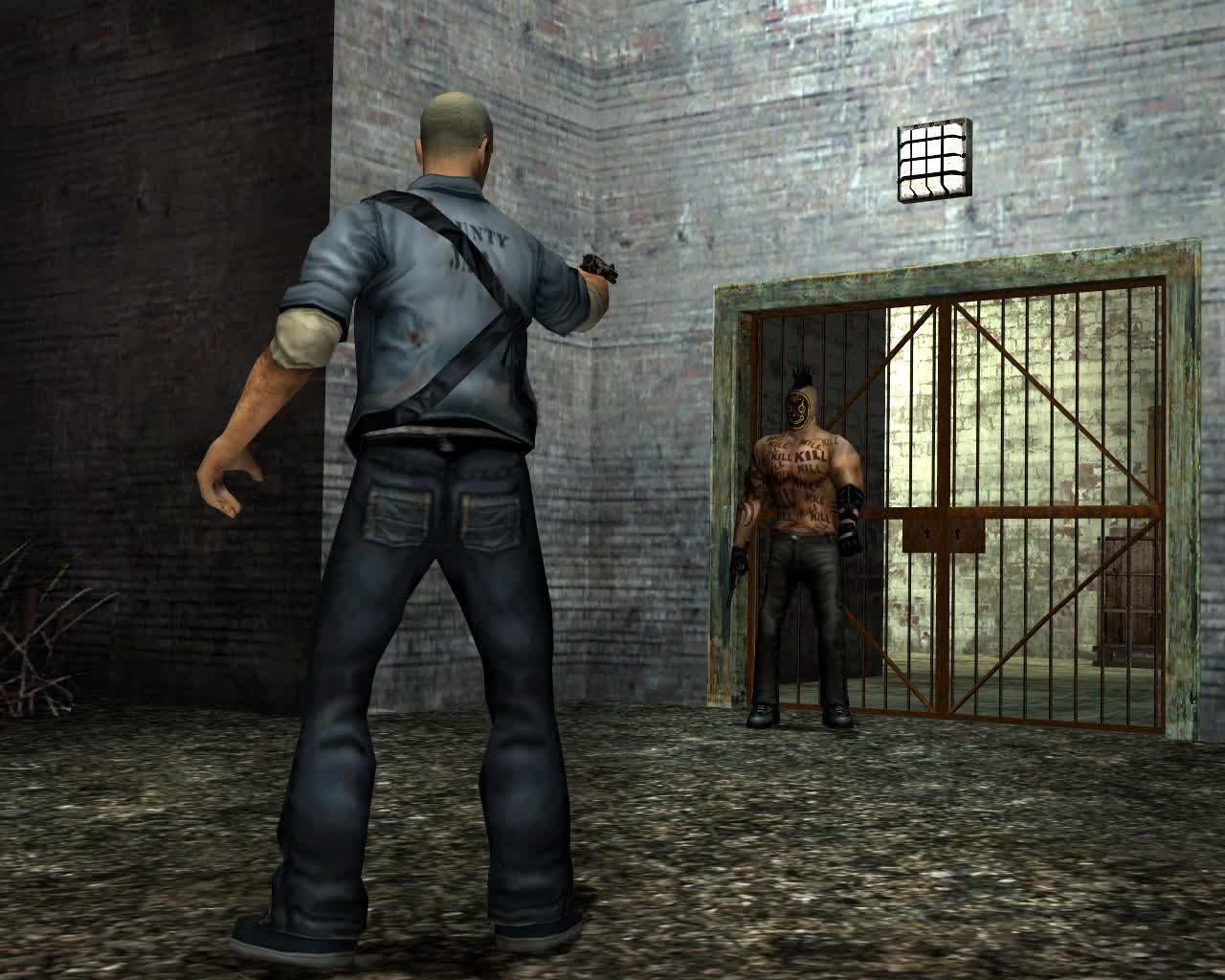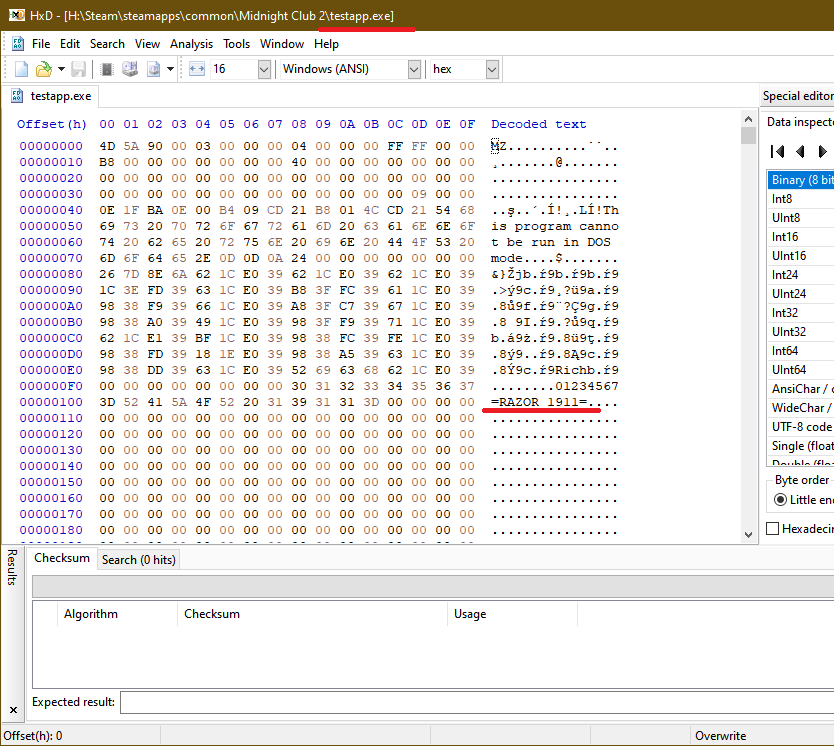Facepalm: Rockstar is notorious for taking action against users who mod or pirate its games. However, investigations have exposed the company's reliance on pirates for digital re-releases, which caused Rockstar's anti-piracy measures to backfire spectacularly in the Steam version of Manhunt.
An extensive report from YouTuber Vadim M reveals that longstanding issues with the Steam edition of Manhunt are anti-piracy measures triggered by a third-party crack Rockstar used to mitigate the original retail version's DRM. Official digital copies of Max Payne 2 and Midnight Club II contain similar pirated code.
Numerous PC games have included programming that degrades the gameplay experience when copy protection tampering is detected. For example, Manhunt deliberately engages many glitches that make the game unwinnable if its SecuROM DRM is missing.

Veteran hacking group Razor 1911 easily circumvented Rockstar's SecuROM DRM shortly after the game's 2004 disc release. Razor's crack was so effective that Rockstar used it for Manhunt's 2008 Steam digital launch without anyone realizing it. However, the company's use of unofficial anti-DRM tools in the Steam edition of Max Payne 2 came to light in 2010, after which it released patches to hide the evidence in both titles.
Unfortunately, Rockstar's attempt to cover its tracks broke measures it had implemented to make the Razor crack compatible with recent versions of Windows, activating the anti-piracy bugs. As a result, the Steam release of Manhunt has been unplayable without third-party mods for 13 years.

The situation is incredibly ironic because players who pirated Manhunt never encountered Rockstar's traps, making for a spectacular backfire. Measures designed to lock out pirates only affected legitimate customers. The tester who discovered the anti-piracy measures, Fire_Head, has released an updated patch to remove them.
Seeing Vadim's video, which uncovers Razor's signature on the Manhunt executable in a hex editor, prompted developer Silent to investigate and discover the signature in Midnight Club II, which is no longer available on Steam. Silent said the crack explains the game's incompatibility with Windows Vista. This practice likely occurs more often than many realize.
According to another developer, Ben Golus, multiple studios have admitted to using pirated versions of games for re-releases. Teams that port games to new platforms and storefronts don't often have access to the original materials or development staff. Many companies lack the space or procedures to maintain the final source code, which frequently becomes lost. In such situations, pirates have proven to be the most effective means of preservation.